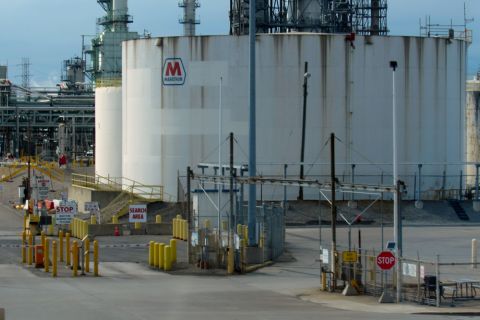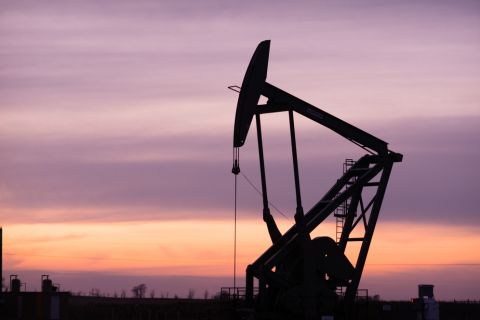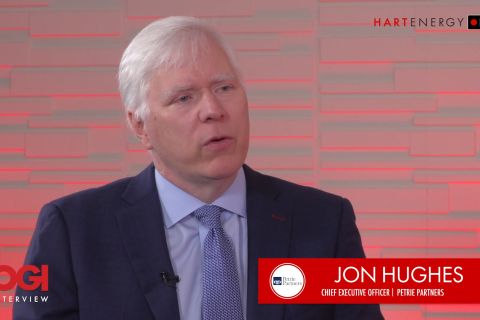Germany on Nov. 15 completed construction of its first floating terminal for LNG at the North Sea port of Wilhelmshaven as it scrambles to secure more LNG and move away from Russian pipeline gas.
“The new LNG landing place is a big step towards a secure energy supply,” said Lower Saxony state economy minister Olaf Lies in a statement.
Federal economy minister Robert Habeck said that Wilhelmshaven would become functional around the turn of the year, as would a second floating terminal at the Brunsbuettel North Sea port.
The Wilhelmshaven floating storage and regasification (FSRU) unit, for utility Uniper, will be moored at a now expanded pier and enabled to regasify LNG arriving on special tankers.
The new port infrastructure there will be equipped to switch to imports of low-carbon energy sources such as hydrogen in the future, said Lower Saxony environment minister Christian Meyer.
Germany relied on Russia for nearly a third of its gas last year but Berlin, which aims to halt any remaining Russian flows by the summer of 2024, in May started fast-tracking FSRU applications and related ones for more permanent, onshore LNG reception terminals at some sites.
The designated Wilhelmshaven FSRU, the vessel Hoegh Esperanza, is still located at a shipyard in Brest, France, Eikon Refinitiv ship tracking data showed. A spokesperson for the ministry led by Lies said the Esperanza was expected to arrive fully laden in mid-December and would be able to process incoming LNG tankers from January.
Habeck, listing the next steps in Germany’s LNG strategy, said the FSRU for RWE in Brunsbuettel should also arrive around the turn of the year, and projects at Stade and Lubmin would become operational at the end of 2023.
Wilhelmshaven will have another FSRU start-up in the fourth quarter of next year, operated by owner Excelerate Energy on behalf of a consortium of Tree Energy Solutions, E.ON and Engie.
A privately chartered and operated FSRU was also expected at Lubmin at the end of this year.
Taken together, the six FSRUs could theoretically cover a third of Germany’s annual gas needs, based on the 90.5 Bcm consumed in 2021.
Recommended Reading
Marathon Petroleum Sets 2024 Capex at $1.25 Billion
2024-01-30 - Marathon Petroleum Corp. eyes standalone capex at $1.25 billion in 2024, down 10% compared to $1.4 billion in 2023 as it focuses on cost reduction and margin enhancement projects.
Hess Corp. Boosts Bakken Output, Drilling Ahead of Chevron Merger
2024-01-31 - Hess Corp. increased its drilling activity and output from the Bakken play of North Dakota during the fourth quarter, the E&P reported in its latest earnings.
The OGInterview: Petrie Partners a Big Deal Among Investment Banks
2024-02-01 - In this OGInterview, Hart Energy's Chris Mathews sat down with Petrie Partners—perhaps not the biggest or flashiest investment bank around, but after over two decades, the firm has been around the block more than most.
Some Payne, But Mostly Gain for H&P in Q4 2023
2024-01-31 - Helmerich & Payne’s revenue grew internationally and in North America but declined in the Gulf of Mexico compared to the previous quarter.
Petrie Partners: A Small Wonder
2024-02-01 - Petrie Partners may not be the biggest or flashiest investment bank on the block, but after over two decades, its executives have been around the block more than most.





